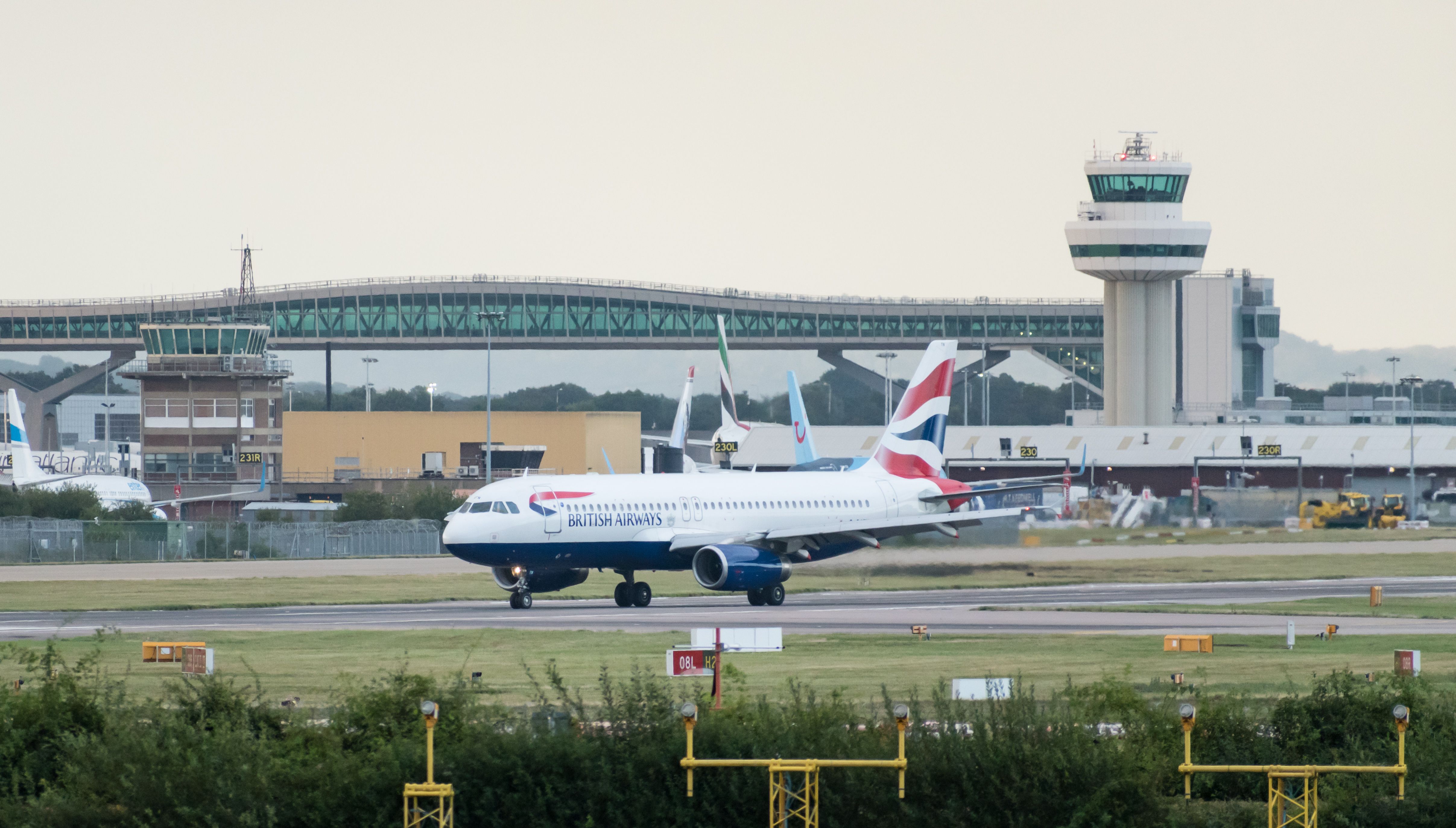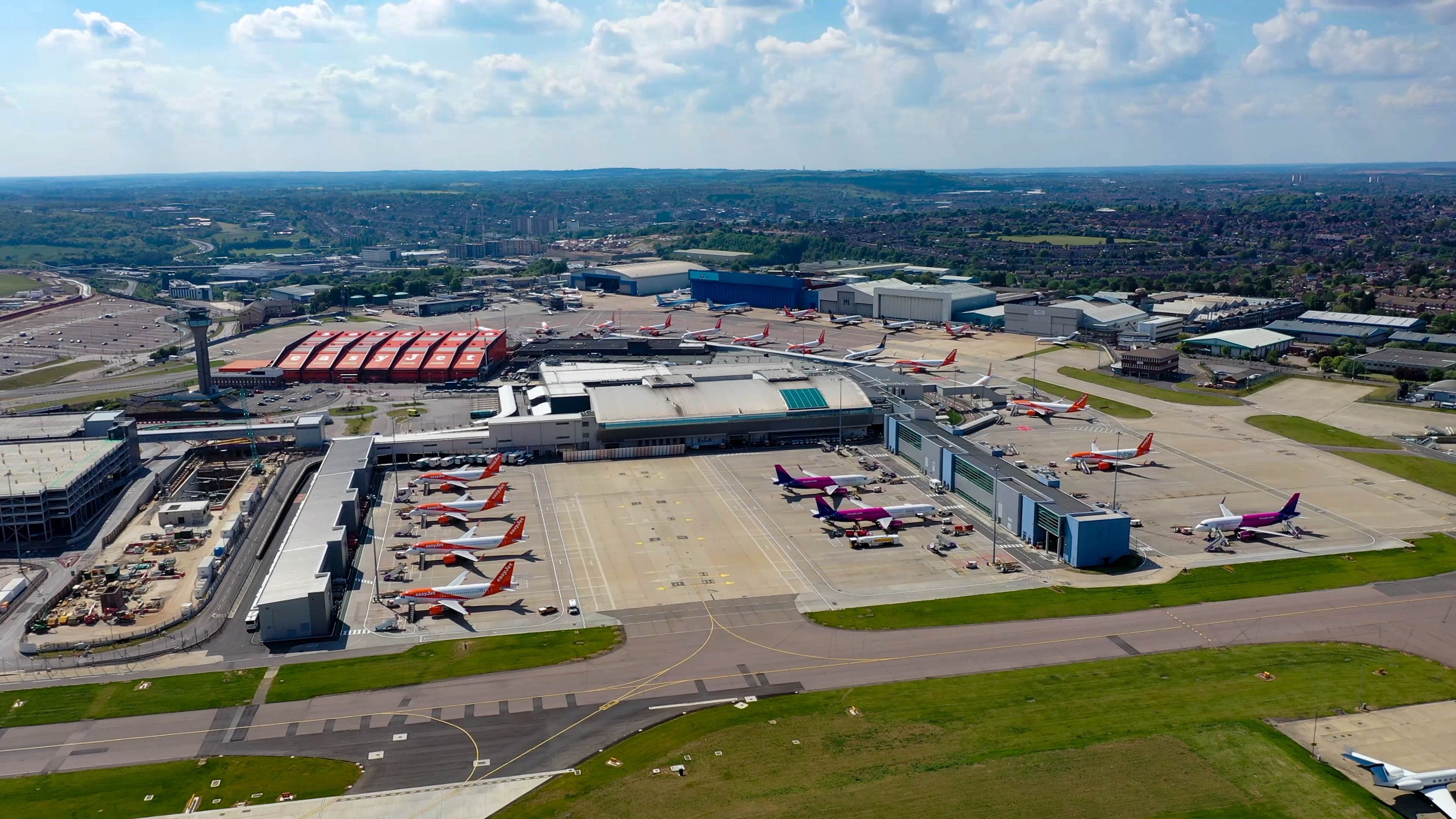Summary
- The UK Government plans to crack down on benefit fraud by obtaining personal financial data from airlines and banks.
- Millions of dollars will be invested in fighting fraud over the next three years.
- Some people find some of the government’s proposals unacceptable.
In a recent crackdown on fraud, the UK’s Department for Work and Pensions could receive access to personal financial data by speaking to airlines about a passenger’s travel plans. The development is reportedly one of six new authoritative moves planned to ensure people’s benefits are not abused.
With its proposals, investigators within the DWP would also reportedly be able to arrest those caught committing fraud. Following a survey of over 2,100 people completed earlier this year, more seem to support DWP’s measures than those who do not.
Over $7 billion in benefit fraud
In addition to obtaining details from airlines about where claimants are traveling to and for how long, the department could also gather information from banks on where they are spending their money, according to KentLive.
Photo: Rich Higgins | Shutterstock
It comes as benefit fraud in the UK has been substantially high in the last two years. During the 2022-2023 financial year that ended in April, the latest figures show that benefit fraud amounted to £6.4 billion ($7.8 billion) and £6.5 billion ($7.9 billion in the previous year.
Boosting the frontline
According to KentLive, the matter has become so large that some fraud instruction manuals have been shared online, and statistics have revealed that claims for Universal Credit were among the majority of offenses committed. In the DWP’s Fighting Fraud in the Welfare System report, the department said its current authoritative measures were implemented over two decades ago and need to be revised to tackle the types of fraud seen today.
“Some of the key legislation DWP relies on is now over 20 years old. We plan to modernise and strengthen our powers. Subject to parliamentary time, we will legislate for new powers to help our officers investigate potential fraud and apply new penalties to punish fraudsters.”
Over the next three years, the DWP will invest hundreds of millions of dollars towards its long-term plan to fight fraud committed against the welfare state.
“We are investing £613.0 million ($750,152,620) over the next three years as a boost to our counter-fraud frontline, introducing thousands more counter-fraud professionals, as well as measures to improve how we use and analyse data to respond to emerging threats,” the department explained. “With the approaches fraudsters take constantly evolving, we will stay one step ahead by setting out how we will take a more coordinated approach, working within and beyond government to tackle fraud.”
The majority are in favor of the proposals
More than 2,100 people participated in the British Social Attitudes Survey from June 15-21, showcasing the general public’s overall response to the DWP’s measures. According to LancsLive, a nationally representative sample of nearly 1,800 people and 345 claimants were included in the survey, with the majority finding that the department’s proposals were acceptable.
The potential legislative measures reportedly include:
- DWP is provided with greater third-party access to data
- Obtaining information on where claimants are spending money
- Asking banks to share details about accounts that appear that someone may be committing fraud
- Allowing trained investigators to execute search and seizure orders and the power to arrest offenders
Photo: London Luton Airport
According to LancsLive, 10% of the overall sample viewed two of the new proposals as “completely unacceptable.” Those measures – the power to make arrests and the DWP collecting information from airlines to see where someone is traveling were not supported by 13% and 11%, respectively.
Sources: KentLive, UK Government, LancsLive



